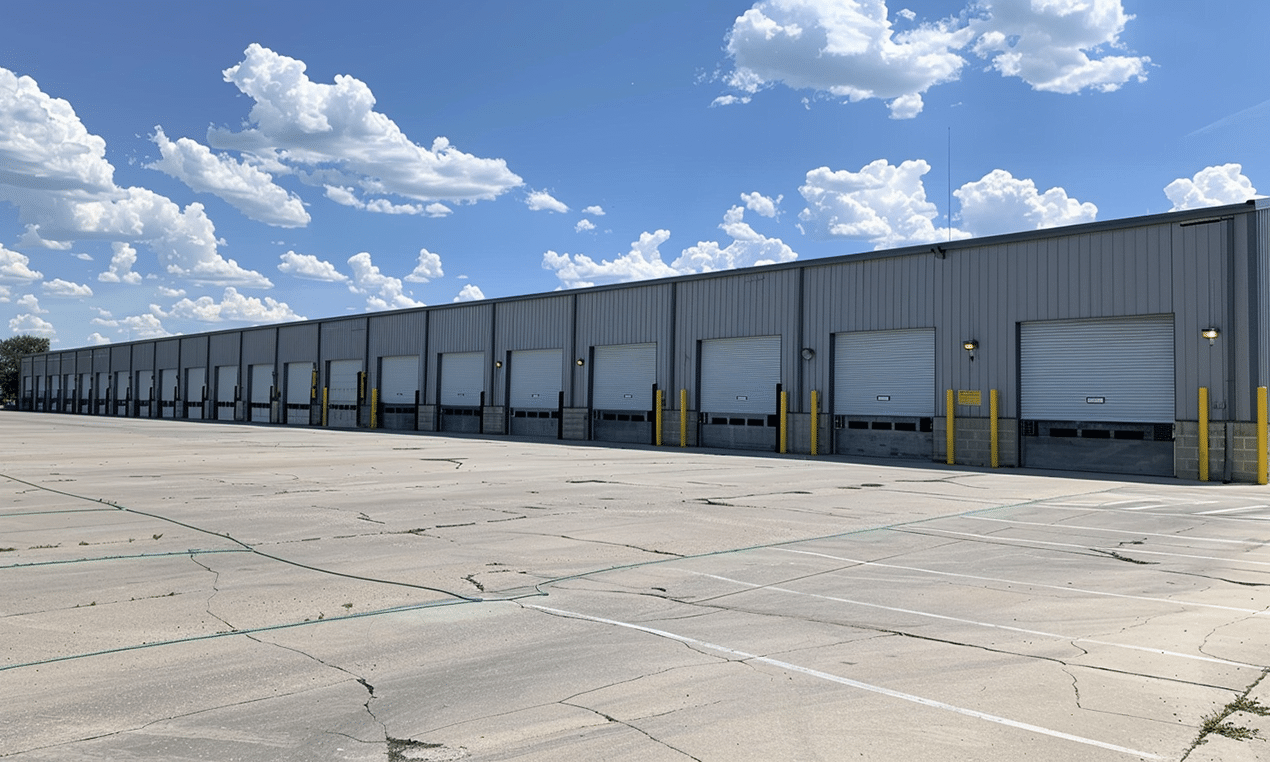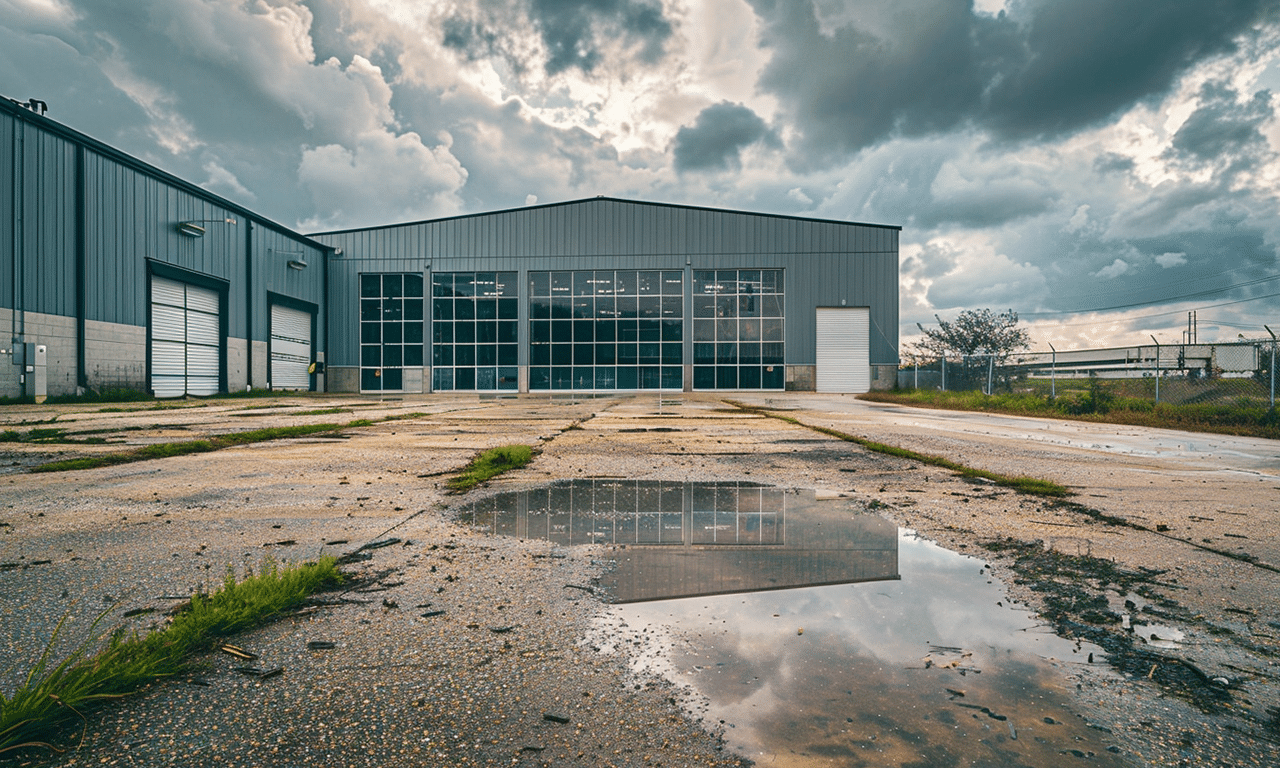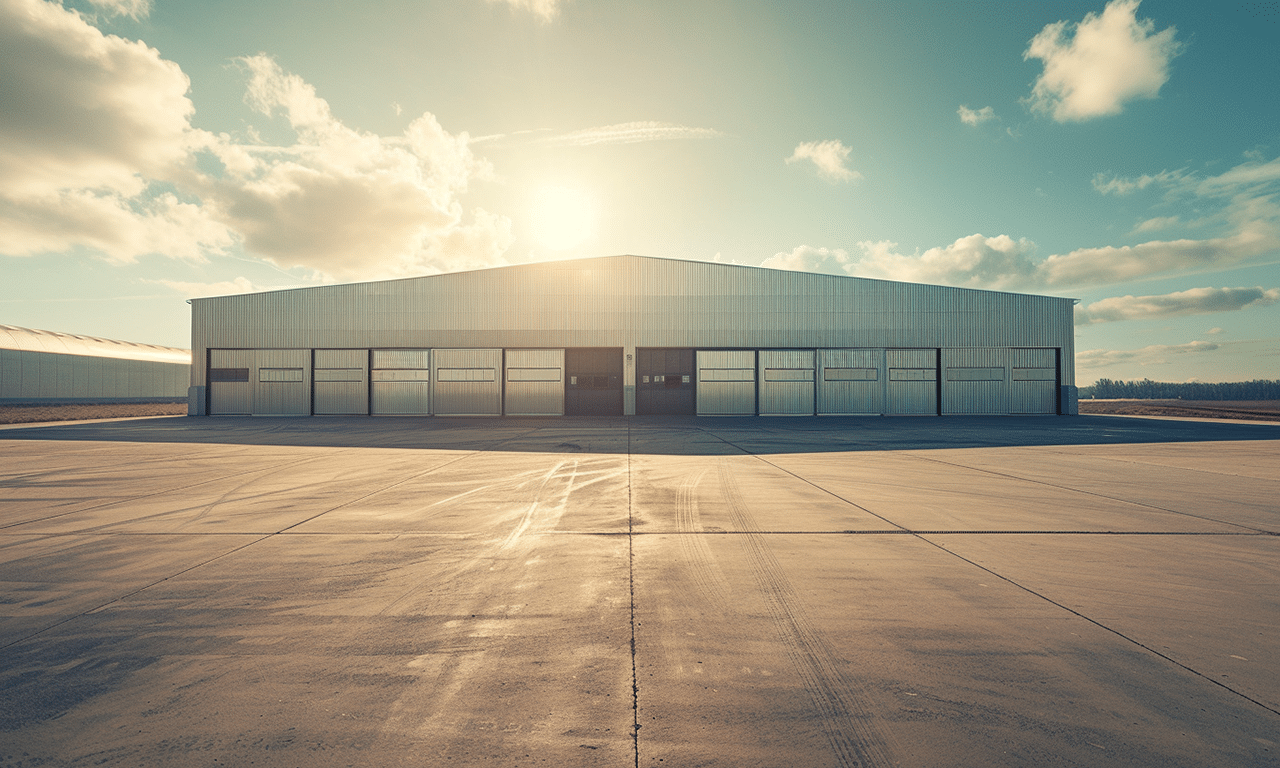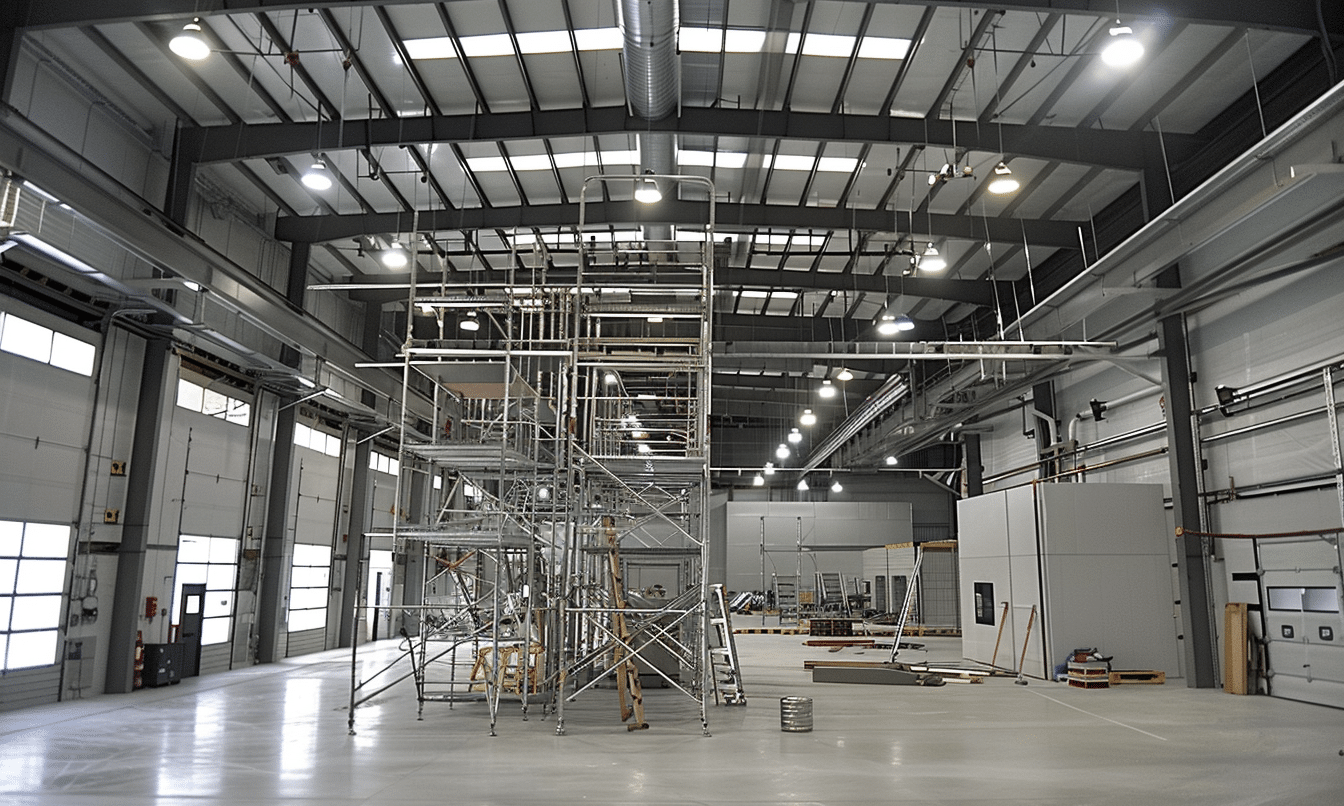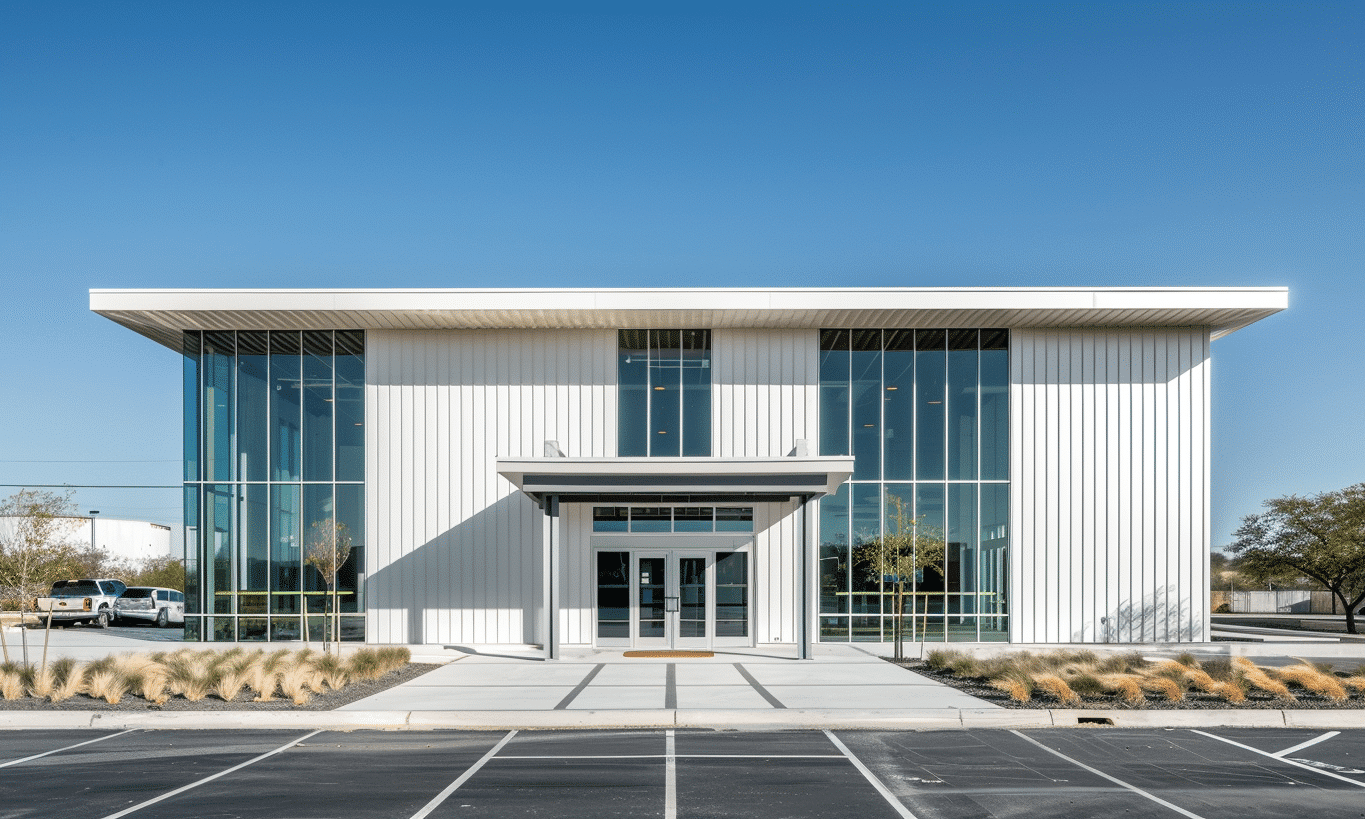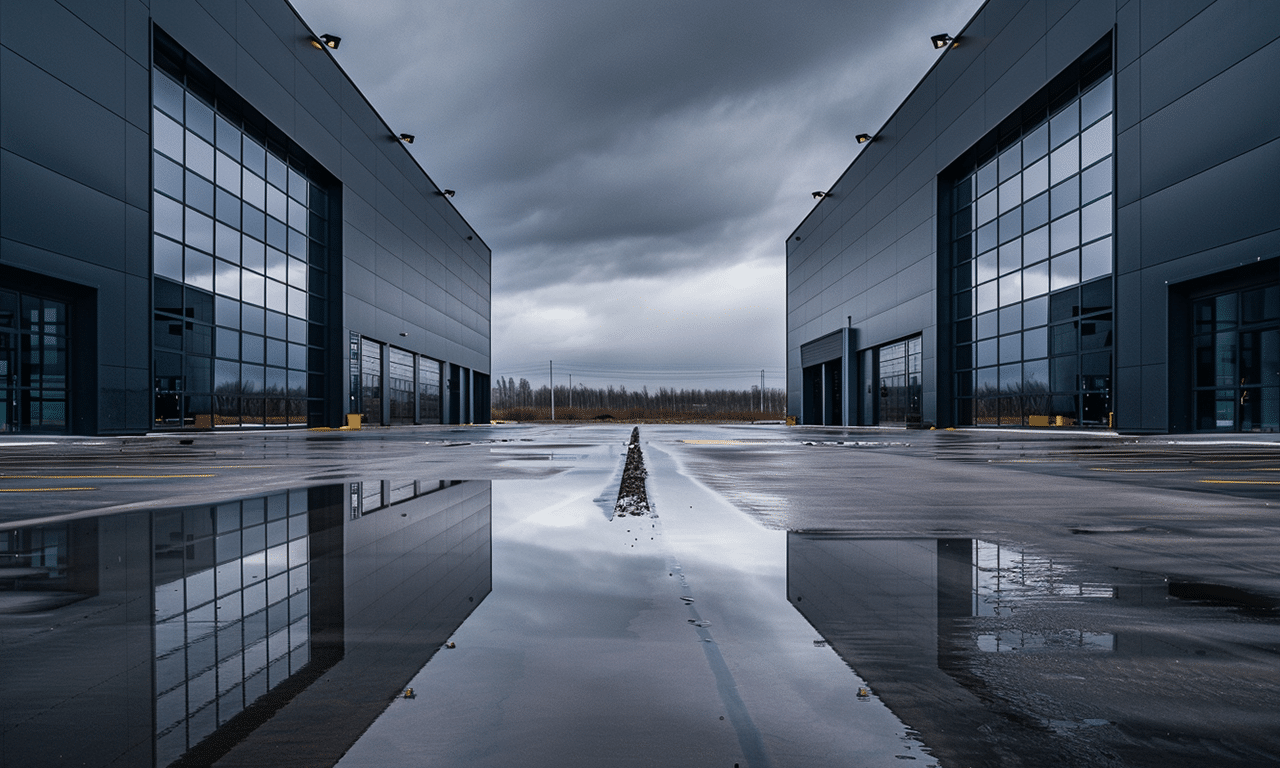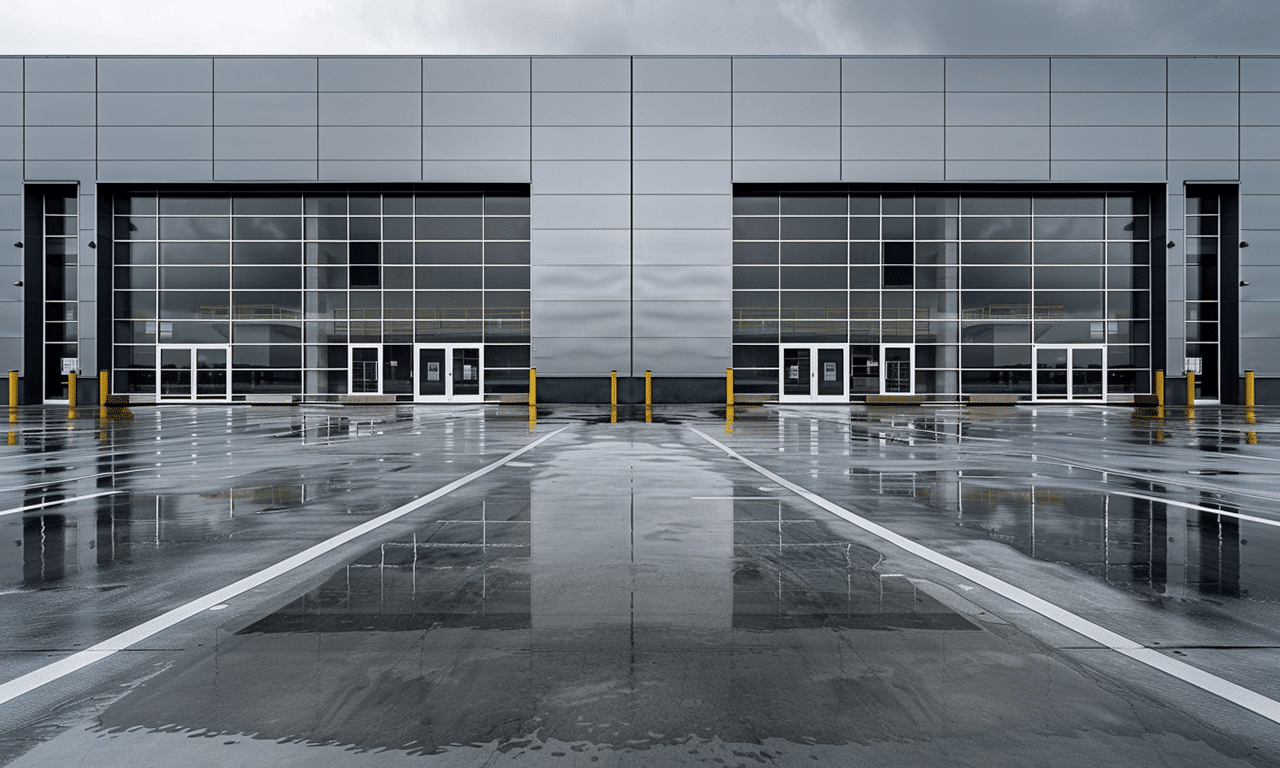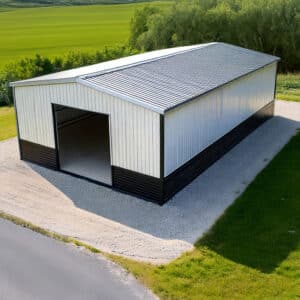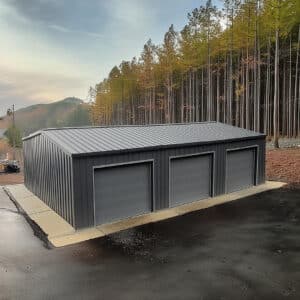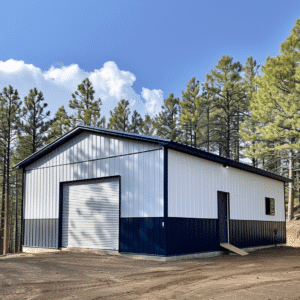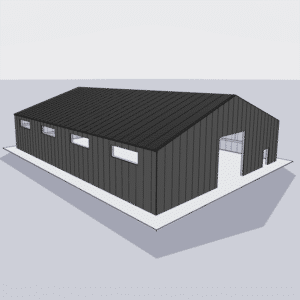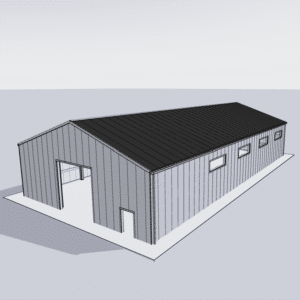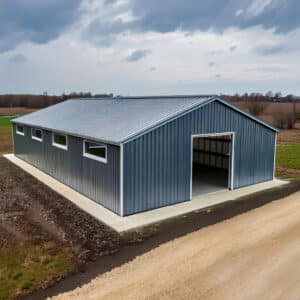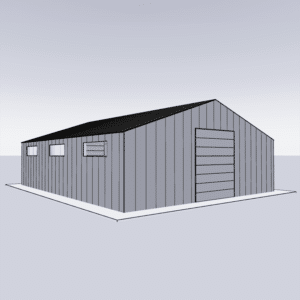Industrial Manufacturing Buildings & Steel Factory Structures
Affordable and Flexible Solutions
Unlock efficiency and innovation with industrial manufacturing buildings and steel factory structures. These robust metal giants offer unmatched strength and flexibility, serving as the cornerstone for global industries
On this page
The Power of Metal Manufacturing Buildings
Gallery
Sustainability and Environmental Impact
Building Kits
Applications in Various Industries
Building the Future with Steel
Building Estimate
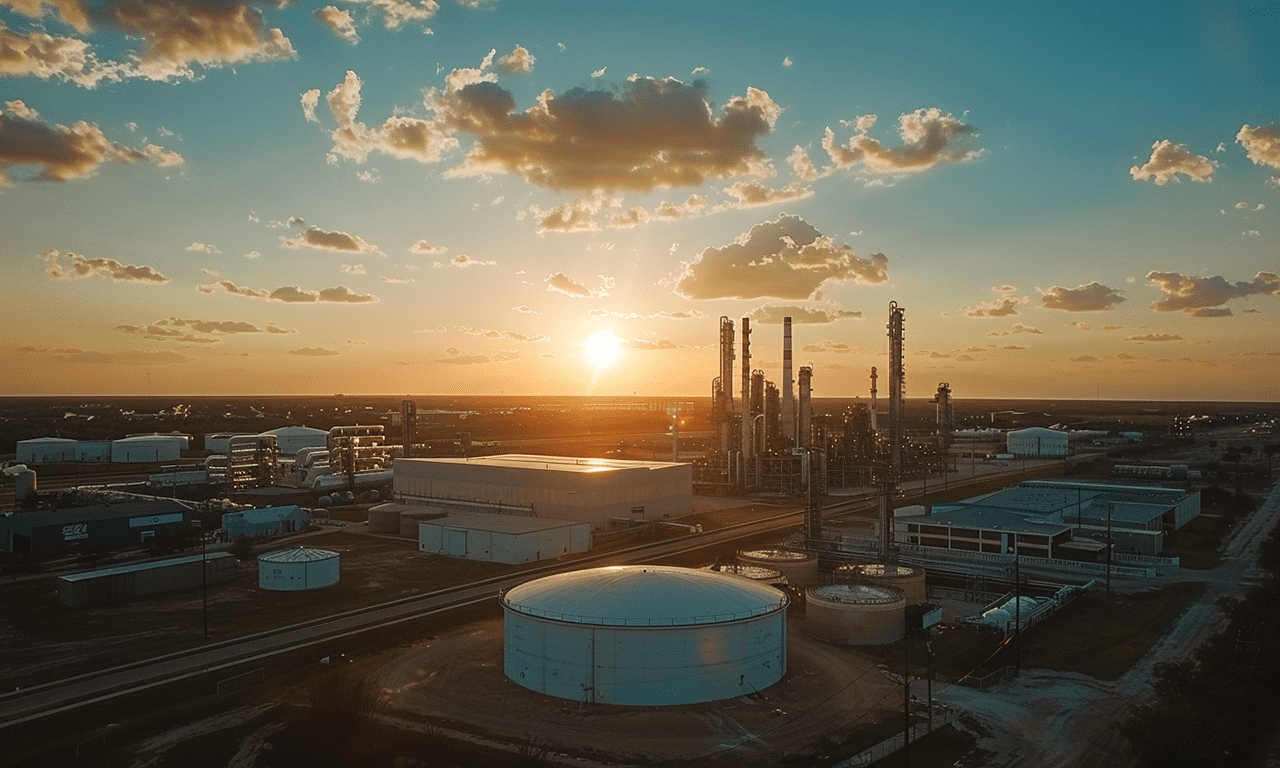
Imagine a structure so versatile and robust that it forms the backbone of global manufacturing industries. This is the reality of metal manufacturing buildings. These steel giants are not just an architectural marvel but a strategic asset in industrial growth. Whether it’s a vast factory floor echoing with the hum of machinery or a towering structure housing sophisticated processing units, industrial steel buildings offer unparalleled efficiency, durability, and economic benefits.
The Power of Metal Manufacturing Buildings
Why are steel structures the go-to choice for industrial manufacturing buildings? The answer lies in their unmatched strength and flexibility. Steel, a material synonymous with resilience, provides a sturdy framework that can withstand the test of time and elements. But it’s not just about strength. The adaptability of metal manufacturing buildings allows them to be tailored to meet the specific needs of various industries, making them an ideal choice for Industrial Steel Buildings.
Design Versatility and Efficiency
Every industrial operation has unique requirements. Some may need expansive open spaces for assembly lines, while others require specialized sections for processing plants. The beauty of steel lies in its design versatility. With advanced Engineered Drawings, architects and engineers can create bespoke layouts that maximize space utilization and operational efficiency.
Steel constructions are also cost-effective. They reduce construction time, minimize material wastage, and offer significant savings on long-term maintenance. This cost efficiency is particularly beneficial for Industrial Processing Plants, where operational costs can quickly add up.
Sustainability and Environmental Impact
Energy Efficiency and Innovation
Incorporating solar panels, wind turbines, and other renewable energy technologies into steel structures is a growing trend. These innovations not only reduce the carbon footprint but also help in cutting down energy costs, making them an economically viable option for industries.
The drive towards sustainability is further supported by government initiatives like those from Innovation, Science and Economic Development Canada. These initiatives encourage industries to adopt sustainable practices, providing incentives for companies that choose eco-friendly building solutions.
-
30×50 Metal Building MB212305014W0 Deposit
$18,000.00 Add to cart -
30×50 Garage Package Deposit
$8,500.00 Add to cart -
30×30 Garage Package Deposit
$8,500.00 Add to cart -
20×40 Garage Package Deposit
$5,500.00 Add to cart -
60×80 Steel Building Kit Deposit
$20,000.00 Add to cart -
50×100 Steel Building Kit Deposit
$20,000.00 Add to cart -
50×80 Steel Building Kit Deposit
$20,000.00 Add to cart -
50×60 Steel Building Kit Deposit
$20,000.00 Add to cart
Applications in Various Industries
Food and Beverage Industry
In the food and beverage industry, steel buildings are used extensively for processing and storage. Their ability to maintain controlled environments makes them ideal for these applications. The hygienic properties of steel, combined with its ability to resist corrosion, ensure that food safety standards are met without compromise.
Chemical and Pharmaceutical Manufacturing
The chemical and pharmaceutical industries benefit significantly from the safety and security offered by steel structures. These facilities often deal with hazardous materials, making the non-combustible nature of steel a critical factor in their building requirements. Additionally, the customizable nature of steel allows for the incorporation of specialized equipment and technologies necessary for these industries.

Describe Your Project
Share your project details, and we’ll assign you an expert to provide tailored advice and guide you through the next steps.
Step 02
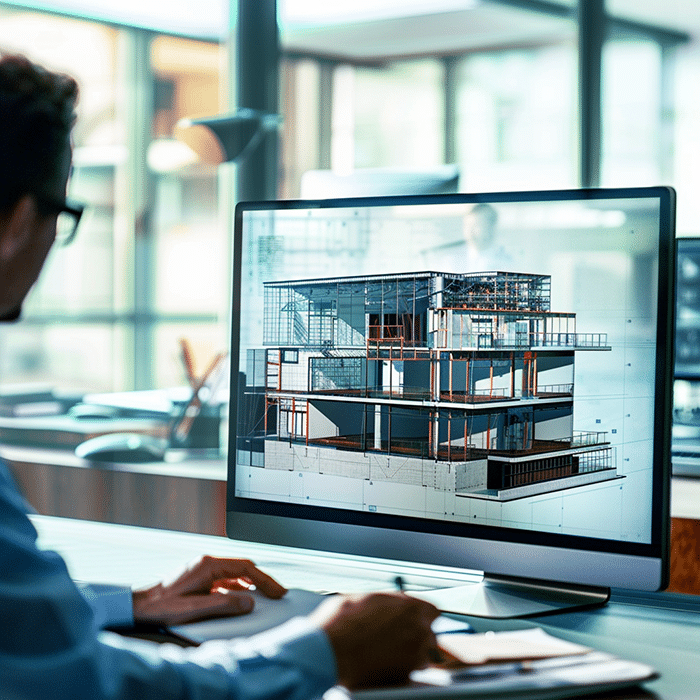
Get a Tailored Quote
Based on your project requirements, we’ll provide a customized quote that includes design, materials, and any additional services you may need.
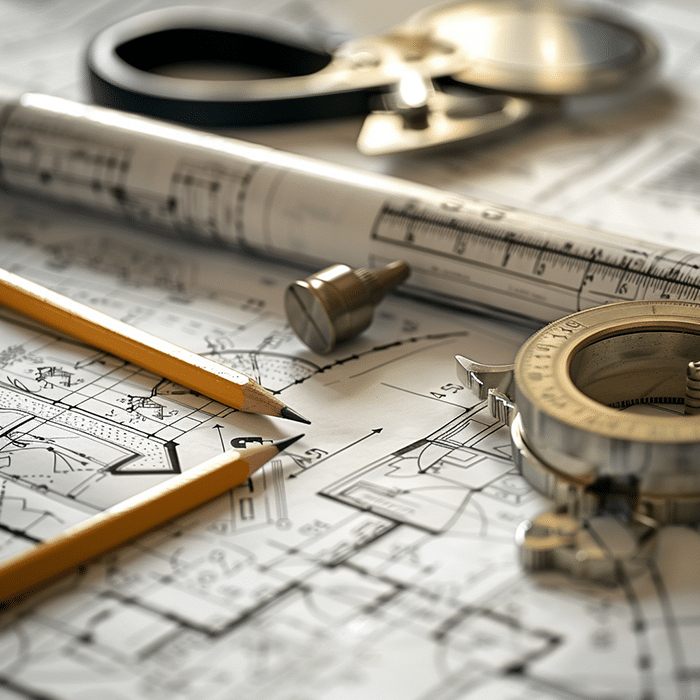
Questions - Approvals
Review the project plan and design we propose. Once you approve, we’ll finalize the timeline and prepare everything to start the process.

Start Building
Our skilled professionals will begin the construction process, delivering high-quality workmanship and keeping you informed every step of the way.
FAQ’s
Do I need a building permit for a metal carport in Canada?
Yes, building permits are often required for installing a carport. Since regulations vary across provinces and municipalities, it’s best to check with your local building authority to ensure you meet all zoning and construction requirements.
What materials are commonly used in metal carports?
Metal carports are usually made from galvanized steel, which provides excellent durability and weather resistance. The frames often use 14-gauge or 12-gauge steel, while the roofs are constructed with heavy-duty metal panels designed to withstand Canadian winters.
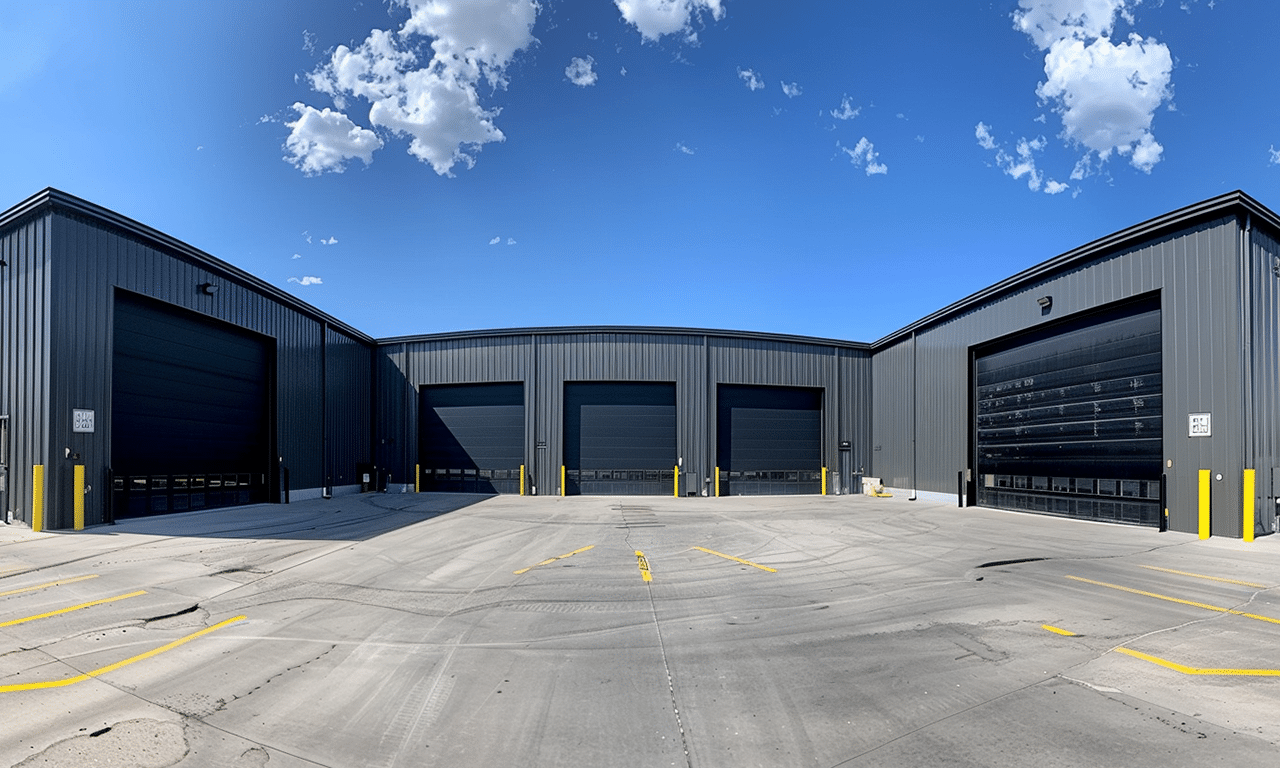
How should I prepare my site for carport installation?
Before installation, make sure the ground is level and free from debris. For uneven terrain, consider hiring a professional to grade the area. Additionally, mark any underground utilities to avoid damage during the installation process.
Why choose a metal carport over other materials like wood?
Metal carports are more durable, low-maintenance, and cost-effective than wood. They resist fire, pests, and rot while standing up better to Canada’s extreme weather conditions, such as heavy snow and high winds.
Can I upgrade my carport to a fully enclosed garage later?
Yes, many metal carports can be customized or upgraded into enclosed structures. Discuss your long-term plans with the manufacturer or installer to ensure your initial design supports future modifications.
Building the Future with Steel
In a world where change is the only constant, embracing the versatility and reliability of steel structures is a strategic move. Whether you are planning to set up a new facility or upgrade an existing one, investing in industrial steel buildings is not just an option—it’s a necessity for staying competitive in today’s dynamic market landscape.
By unlocking the potential of metal manufacturing buildings, industries can pave the path to a more sustainable, efficient, and innovative future. It’s time to harness the power of steel—where strength meets sustainability, and efficiency meets innovation.
Where To Start?
Get a quick estimate or discuss your vision with our experts, we're here to guide you every step of the way towards your ideal solution.


